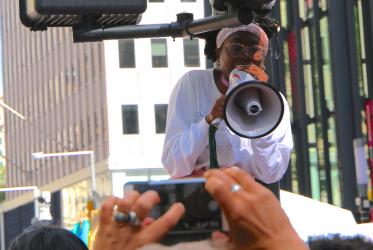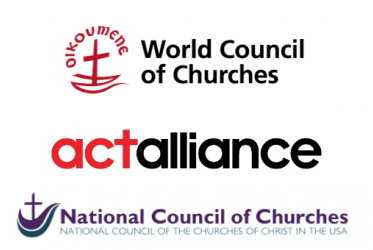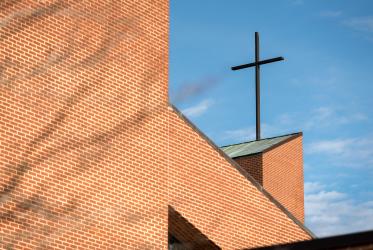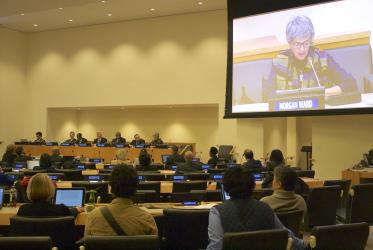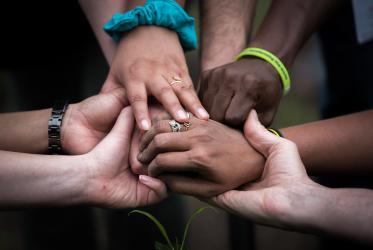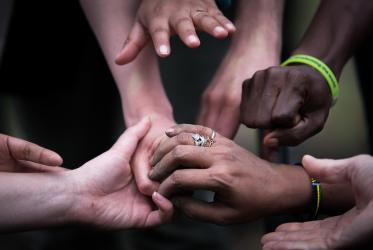Displaying 21 - 40 of 94
Churches should use their voice on climate change
26 February 2020
WCC condemns attack at Hanukkah celebration in New York City
29 December 2019
Devotional guide commemorates enslaved African peoples
07 February 2019
#WCC70: Children in the Ecumenical Movement
20 December 2018
US Catholic bishops approve pastoral letter against racism
19 November 2018
Roundtable for Peace on the Korean Peninsula convenes in Atlanta
14 November 2018
Racial justice issues at forefront in meetings with UN experts
01 November 2018
How can you help refugees?
11 October 2018
"Diversity" documentary reflects on maze of self-identity in Canada
27 September 2018
